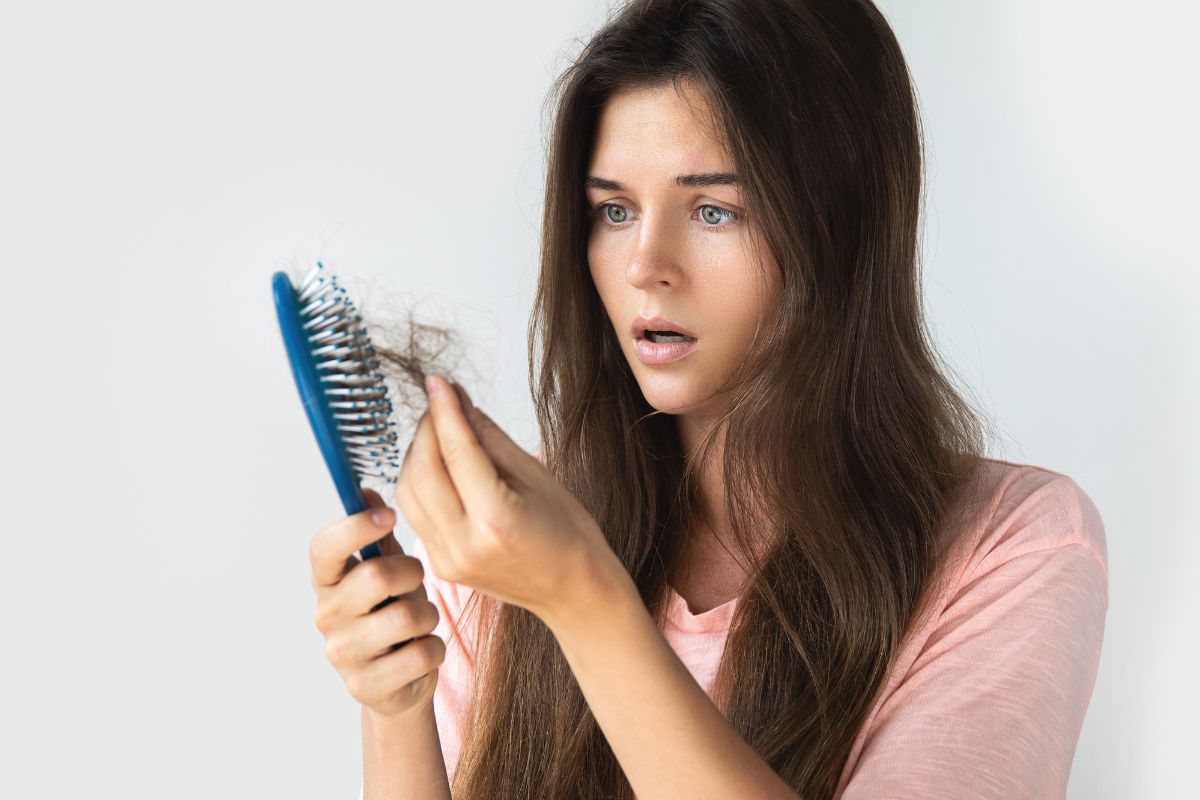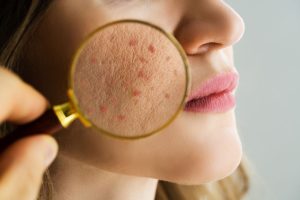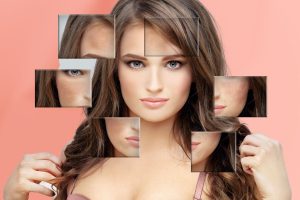Some people rock the bald look. It’s clean, sleek, and simple. It suits them and aligns with their lifestyle preferences. But if you’re not as fond of the look and want a head full of hair, losing it can be a frustrating situation.
It doesn’t help that the cause of hair loss isn’t always simple. It can be one issue or many that lead to shedding and losing volume. While many people know that genetics play a big role in hair loss (thanks, Mom and Dad), it’s not the only factor. It is important to know the cause of hair loss to find the most effective men and female hair loss treatments, as this will determine the best approach for addressing the condition.
Here are a few others you may not know that could be the root cause of your lacking locks.
1. Nutritional Deficiencies
When you go to make a meal, you probably consider what you’re craving, the ingredients you have, or seasonality. But you’re probably not cooking meals with your hair and its health in mind. If you’re dealing with hair loss, nutrition is something you should think more about because certain vitamins and nutrients play a crucial role.
For example, biotin, also known as vitamin H, is one of the most well-known vitamins for hair health. It is involved in the production of keratin, a protein that forms the structure of the hair strands. If you’re struggling with hair loss you may want to eat more foods rich in this vitamin. Some examples include eggs, nuts, seeds, salmon, and sweet potatoes.
So, think back to when you first noticed your hair thinning or shedding. Did you change anything in your diet or supplement routine? Similar to biotin, vitamins A, C, and E all play a role in maintaining healthy hair. Similarly, omega-3s and Iron are crucial. You may need to add supplements or try new foods to address nutritional deficiencies and get your hair what it needs.
Remember that a balanced diet includes a variety of nutrient-rich foods. However, if you suspect a severe deficiency or have specific concerns, it’s always a good idea to consult with a healthcare professional or dietician.
2. Medication
All medications come with side effects ranging from minor inconveniences to life-threatening reactions. This is an accepted risk associated with taking drugs meant to help alleviate or cure another ailment. However, if you’re struggling with hair loss or thinning, it may be worthwhile to take a peek in your medicine cabinet.
While not super common, hair loss can be a side effect of some common medications. Specifically, beta-blockers, antidepressants, and drugs that lower cholesterol can have an impact on your hair. If that’s your concern, read through all potential side effects of your pills before starting a new medication.
If the drugs you take are something you need to cope with another health condition, you might ask your doctor about alternatives. Additionally, you can explore adding hair growth remedies. They may not completely stop the side effects from having an impact on your hair. But they can help the regrowth process and offset some of your hair loss. Just make sure to ask your doctor about possible interactions to ensure you’re not interfering with your medications.
3. Stress
Being overwhelmed at work, in a relationship, or with life’s responsibilities can naturally cause stress. And stress manifests itself in the body in some pretty obvious ways. From digestive issues to sleep troubles, stress puts your physical state through the wringer. And your hair is no exception.
In fact, there’s even a name for stress-related hair loss, telogen effluvium. This typically short-term condition is characterized by hair shedding and thinning, often on the top of the head. Increased stress hormones disrupt the hair’s natural process of growth and rest. This disruption makes it harder for hair to follow its natural pattern and leads to loss.
Luckily, this particular hair loss cause is most often temporary and often stops shortly after stress levels reduce. Telogen effluvium lasts roughly three to six months after the onset of chronic stress. If that feels like forever to get your regrowth started, consider taking over-the-counter medications and hair growth supplements. They can help jumpstart your hair-thickening journey.
4. Damaging Hairstyles
One particularly damaging, but often overlooked factor, that can cause hair loss is your styling choices. While many go-to looks like baseball hats and buzz cuts won’t negatively impact your hair, others can cause traction alopecia. This happens when hair strands and follicles are enduring tension for hours on end.
Think of your hair like a delicate thread. Just like a thread can weaken and break if pulled too tightly, your hair can also become damaged if subjected to excessive tension. Styles like a tight ponytail or man bun can put significant stress on your strands, potentially leading to hair loss or damage over time. It’s important to find a balance between style and maintaining the health and durability of your hair.
While it’s not always bad to wear these hairstyles, you’ll want to avoid them on an everyday basis. Instead, opt for a loose braid or choose to wear your hair down instead. This will help let up on the tension and protect your hair’s growth over time.
Conclusion
Losing your hair can be a hassle to deal with, but the road ahead isn’t bleak. So, slowly but surely work through this list to see which factors may be the culprit of your hair loss. Then, create a plan to remedy as many as possible. With time, both your confidence and locks will grow.












